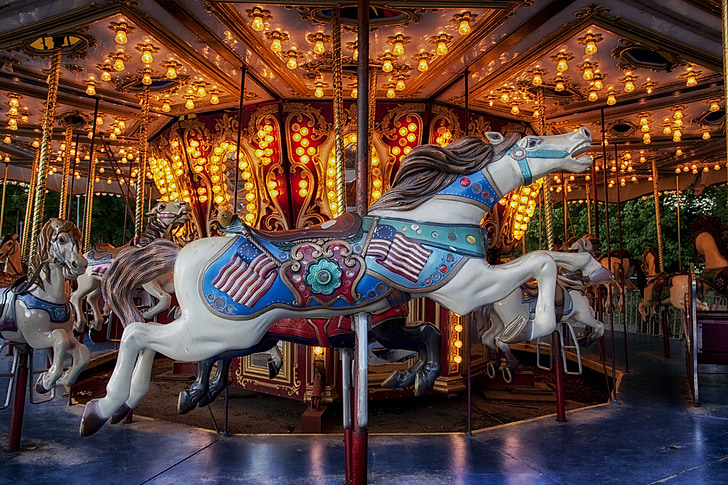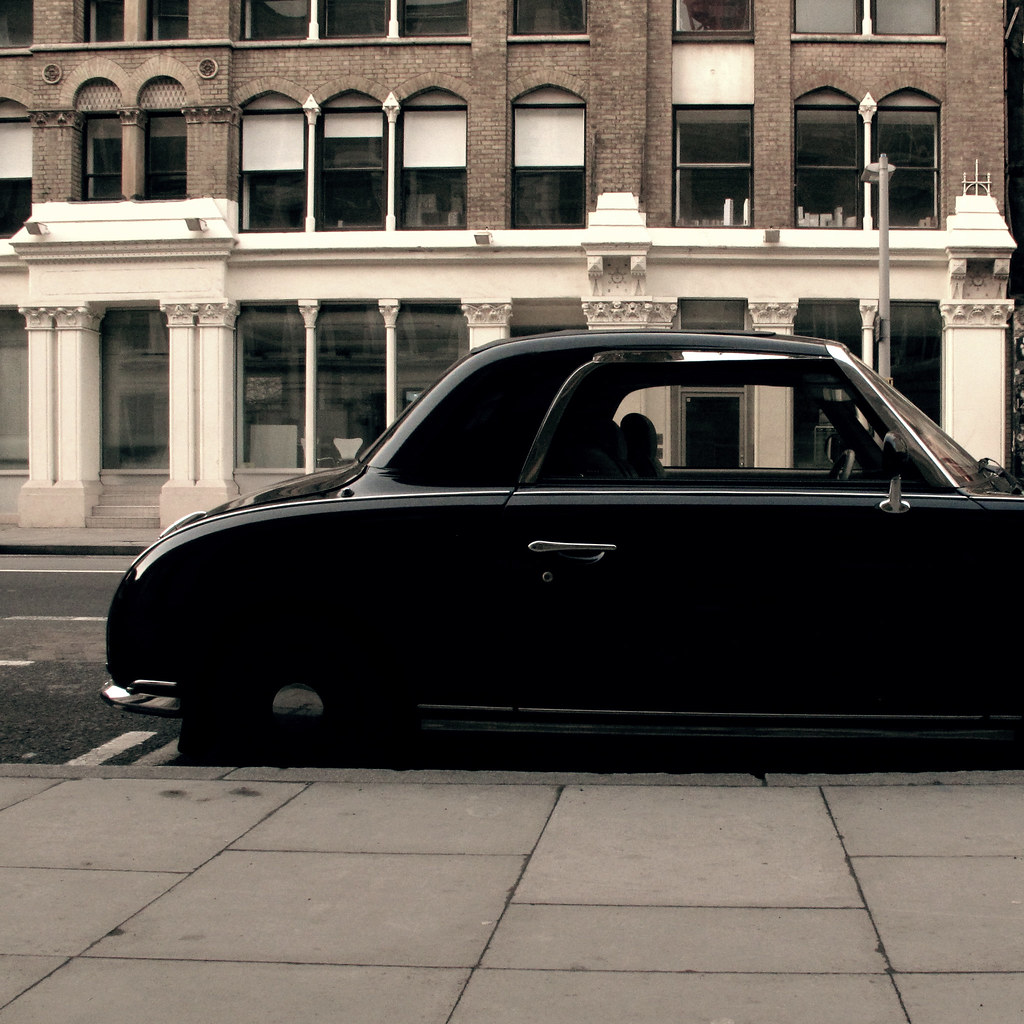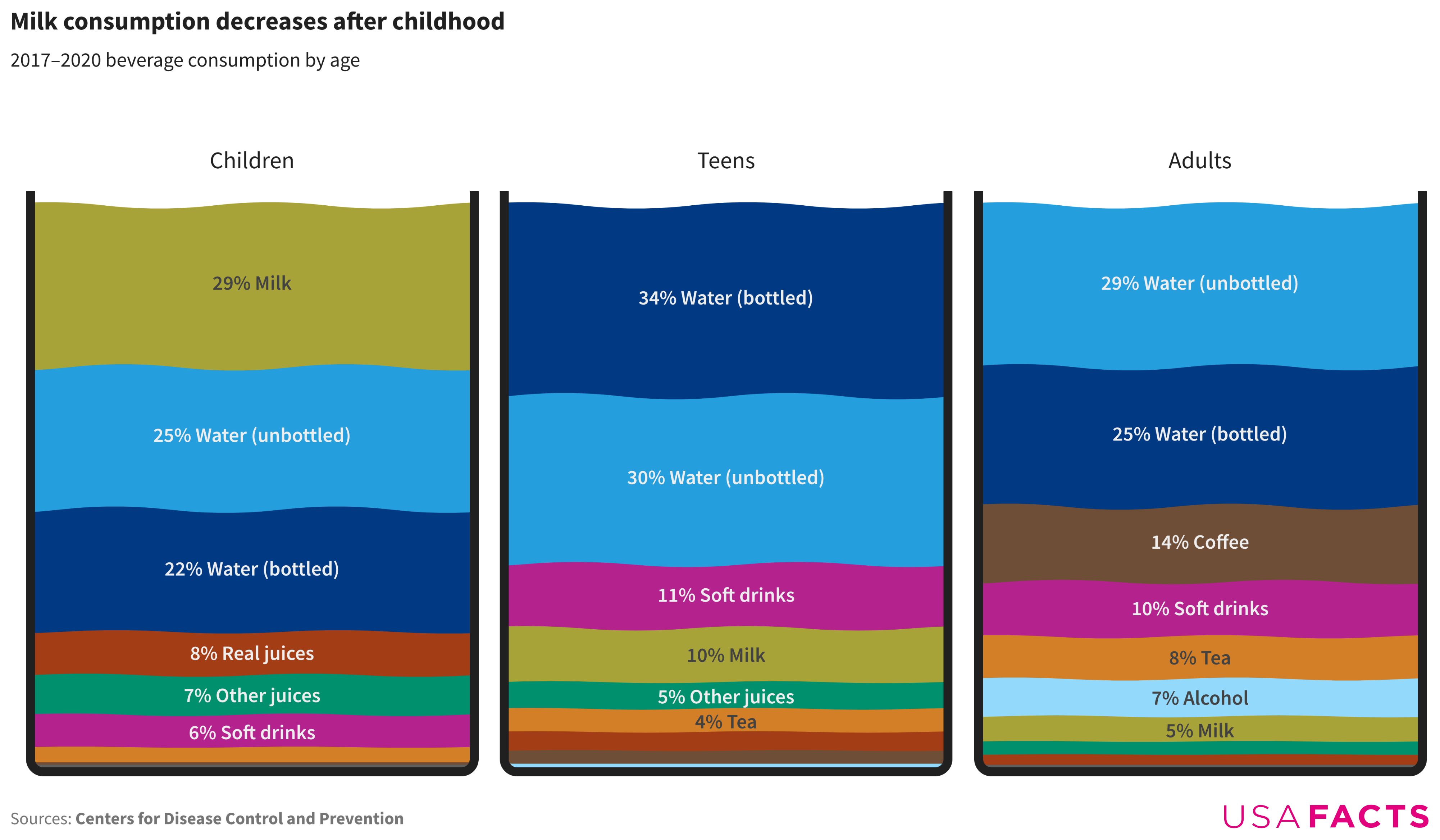
Imagine a world where the rule of law dictates not just major societal functions, but also the most incredibly mundane, and frankly, hilarious aspects of daily life. From the moment you wake up, a series of seemingly arbitrary regulations might govern everything from how you test a pickle to where your donkey can snooze. While the idea of such specific, almost whimsical, laws might sound like something out of a quirky historical novel, the astonishing truth is that America’s legal landscape is peppered with just such oddities.
Indeed, across the United States, there’s a bewildering collection of strange laws that continue to exist on the books, remnants of bygone eras that somehow escaped the legislative broom. These aren’t just urban legends or funny anecdotes; many of them are genuine historical statutes, though their enforcement in modern times is often a different story entirely. They offer a fascinating, sometimes baffling, glimpse into the concerns, values, and occasional absurdities of our ancestors.
In this captivating tour, we’re embarking on a journey to explore 11 of the most bizarre legal restrictions that have somehow survived into 2025. We’ll delve into their purported origins, ponder the peculiar reasons for their existence, and discover whether you might actually face consequences for, say, carrying an ice cream cone in your back pocket. Get ready to have your curiosity piqued and your sense of wonder ignited as we peel back the layers of America’s most wonderfully weird laws.

1. **No Driving Blindfolded (Alabama)**Among Alabama’s collection of peculiar restrictions, the law against driving while blindfolded appears bizarrely obvious yet somehow necessary enough to codify. It’s the kind of regulation that makes you wonder about the specific incident that must have prompted its creation, sparking a cascade of legislative action to prevent future, equally audacious acts of recklessness.
Specifically, this prohibition is considered part of Alabama Code Title 32, Section 32-5A-53, which addresses “Obstruction to Driver’s View or Driving Mechanism.” While the actual legal text doesn’t explicitly mention blindfolds, it broadly states that “No person shall drive a vehicle when it is loaded, or when there are in the front seat such a number of persons as to obstruct the view of the driver to the front or sides of the vehicle.” The general consensus among legal experts is that driving blindfolded would certainly fall under this umbrella.
Obviously, the reasoning behind such a regulation seems self-evident – driving without vision poses catastrophic safety risks that hardly need explaining. Yet, the persistent question remains: why create a law for something so patently dangerous and, one would hope, instinctively avoided? The regulation exists primarily as part of a comprehensive set of visibility requirements ensuring drivers maintain clear sightlines, aiming to prevent any obstruction “whether it’s a blindfold, a passenger, or another object” that could interfere with a driver’s view.
Naturally, one can’t help but wonder if someone actually attempted this dangerous feat, prompting legislative action. As one source speculates, “Someone in Alabama probably tried driving with his sight obscured, and hence the authorities had to come up with such a law.” It’s a testament to human ingenuity, or perhaps folly, that such a basic safety principle had to be etched into law.
Altogether, the enforcement of this weird law in America presents an interesting case. Since it falls under broader traffic safety regulations, it remains technically enforceable. Any driver caught operating a vehicle blindfolded would certainly face consequences under either this specific provision or general reckless driving statutes. The Montgomery Advertiser confirmed, “in case anyone needs clarification, yes, an actual law bans driving while blindfolded.” Even with this confirmation, enforcement cases remain virtually nonexistent because, as one commentator aptly put it, “no one in their right mind does that.”

2. **Donkeys Sleeping in Bathtubs (Arizona)**Arizona offers up a delightful and widely circulated legal myth: the prohibition against donkeys sleeping in bathtubs. This peculiar statute, often cited in compilations of strange laws, spins a yarn that’s almost too whimsical to be true, yet it captivates the imagination with its sheer oddity and specific detail.
The story goes that this peculiar statute originated in 1924, when legislators supposedly made it illegal for donkeys to sleep in bathtubs. This law has been widely circulated in compilations of strange laws in the US, adding a certain charm to Arizona’s legal history. Interestingly, the law specifically prohibits “allowing your donkey to sleep in a bathtub,” suggesting it was targeted at irresponsible animal owners rather than the donkeys themselves.
The backstory behind this law involves a merchant who routinely allowed his donkey to sleep in an old bathtub. As the tale goes, a catastrophic event occurred when a local dam broke, causing a flood that washed the bathtub-sleeping donkey a mile down the valley. Miraculously, the donkey survived this unexpected journey, floating in its makeshift boat, which sounds like something out of a children’s storybook.
Following this incident, townspeople reportedly spent considerable time and resources rescuing the stranded donkey from the middle of a lake. Frustrated by this avoidable situation, the town allegedly passed this regulation shortly afterward to prevent similar scenarios. The law represents a classic example of reactionary legislation, where officials responded to a singular unusual event with permanent regulation, forever linking donkeys, bathtubs, and Arizona in legal lore.
Upon closer examination, the legitimacy of this law becomes questionable. Although frequently cited in “weird laws” compilations, several reliable sources have debunked this as legal myth rather than reality. Notably, when consulting Arizona’s actual legal code, no mention of donkeys in bathtubs appears. Legal experts from the University of Arizona point out that many supposed strange laws are often misquoted, taken out of context, or simply fabricated. Furthermore, some sources explicitly state that “it’s not illegal” and “numerous sources debunk this myth.” This donkey bathtub prohibition exemplifies how weird laws that still exist in the US can sometimes be more urban legend than actual legislation, proving that a good story can sometimes outweigh documented fact.

3. **Pickles Must Bounce to Be Legal (Connecticut)**Connecticut’s legendary pickle bouncing regulation represents one of the most frequently cited strange laws in America, captivating curious minds with its very specific, and frankly, entertaining, criterion for legality. The image of a state official dropping a pickle to determine its fate is undoubtedly a memorable one, even if the truth behind the tale is a bit more prosaic than the folklore suggests.
The famous pickle bounce “law” isn’t actually a law at all, which might come as a surprise to many who have heard the anecdote. This peculiar legal misconception traces back to a specific incident in 1948, not to any formal legislation. During this time, two pickle packers were arrested for selling pickles that were deemed unfit for human consumption – they were reportedly decomposing and maggot-infested. This case involved a genuine violation of Connecticut’s food safety regulations, yet the resulting folklore has persisted for over 75 years, demonstrating the enduring power of a good story.
The confusion stems from a statement made by Connecticut’s Food and Drug Commissioner Frederick Holbrook. While discussing the case, he mentioned that a good way to test a pickle’s quality was to drop it from a height of one foot. A proper pickle, he explained, would bounce, whereas the substandard ones would splatter. This simple quality control test, mentioned casually by a state official during a food safety discussion, was subsequently misinterpreted as an actual legal requirement, solidifying its place in the annals of peculiar legal lore.
Interestingly, there is a scientific basis behind this test, adding a layer of practical wisdom to the quirky tale. Pickles contain pectin, which helps them maintain firmness and crispness. Properly preserved pickles retain their structure, allowing them to absorb the impact of a fall and rebound. Conversely, improperly processed ones become soft due to changes in pectin levels, leading to a less-than-satisfactory splat. Therefore, although not a legal standard, the bounce test does offer a practical, if informal, method for assessing pickle quality.
Given that no such law exists, enforcement is, of course, impossible. The Connecticut State Library has received so many inquiries about this supposed legislation that they’ve created a dedicated research guide clarifying the situation, a testament to the myth’s persistent popularity. A thorough examination of Connecticut’s General Statutes reveals no mention of bouncing pickles. Nevertheless, the myth has become so ingrained in Connecticut’s cultural identity that the Hartford Yard Goats, a minor league baseball team, temporarily changed their name to the “Bouncing Pickles” for a game. Modern Connecticut food regulations simply fall under the state’s Uniform Food, Drug and Cosmetic Act, which covers all food products including pickles, ensuring safety without requiring any impromptu drop tests.

4. **No Carrying Ice Cream Cones in Back Pockets on Sundays (Georgia)**Prepare for a truly sweet, yet utterly bewildering, piece of legal folklore from the Peach State: the alleged prohibition against carrying ice cream cones in your back pocket, specifically on Sundays. This is the kind of law that makes you pause, smile, and then immediately wonder, “Who on earth came up with that, and why?” It’s a delightful historical tidbit that perfectly encapsulates the quirky charm of old laws.
According to Georgia legal lore, there exists a peculiar statute that forbids carrying ice cream cones in your back pocket specifically on Sundays. This unusual restriction supposedly originated back when horseback transportation was common, hinting at a practical, albeit peculiar, problem of the past. However, when digging deeper into this law’s legitimacy, conflicting information emerges, suggesting its status as more of a cherished anecdote than a firmly established rule.
Some legal experts suggest this isn’t actually codified in Georgia state law but rather persists as entertaining legal folklore, a captivating story passed down through generations. Surprisingly, similar ice cream pocket prohibitions have been reported in Alabama and Kentucky, suggesting this might be a regional legal curiosity rather than isolated to Georgia, adding another layer of intrigue to this confectionary conundrum.
But what could possibly be the rationale behind such a specific and seemingly innocent prohibition? The backstory behind this strange law is actually quite clever. Horse thieves reportedly used this sweet-smelling tactic as a sneaky method of stealing horses without technically “stealing” them. They would place ice cream cones in their back pockets and stroll past horses, particularly on Sundays when owners might be attending church services, leaving their steeds unattended.
The horses, drawn to the sweet scent, would simply follow the person with the treat. If caught with someone else’s horse, the cunning individual could claim innocence – after all, they never physically took the horse; it simply followed them home. This created a legal loophole that apparently frustrated horse owners enough to inspire legislation, or at least a very persistent and widely believed cautionary tale, to prevent such sugary shenanigans.
As for enforcement in 2025, you needn’t worry about ice cream-related arrests in Georgia. This law, if it ever truly existed, remains unenforced. Professor Charles Bullock of the University of Georgia has noted that such antiquated laws typically remain on the books until specifically challenged in court. Additionally, when researching Georgia’s actual legal code, no mention of ice cream cones and pockets appears. The only legitimate ice cream regulations in Georgia concern health standards and prohibit selling “adulterated ice cream” or products that aren’t “pure and fresh and handled with clean utensils.” Essentially, this ice cream pocket prohibition represents a perfect example of how weird laws in America persist in popular culture regardless of their actual validity, a testament to our collective love for bizarre trivia.

5. **No High Heels in Carmel (California)**The picturesque coastal town of Carmel-by-the-Sea boasts one of the most peculiar weird laws in the US—a prohibition against wearing high heels without a special permit. This isn’t just about fashion, though it certainly makes for a unique accessory. It’s a fascinating glimpse into how charming aesthetics and practical liability concerns can converge in the most unexpected ways.
Initially enacted in 1963, this distinctive regulation was proposed by the city attorney of Carmel-by-the-Sea. The law specifically prohibits “wearing shoes with heels which measure more than two inches in height and less than one square inch of bearing surface upon the public streets and sidewalks of the City” without first obtaining a permit. Correspondingly, this peculiar ordinance (Ordinance No. 87) has remained officially on the books for over six decades, making it a seasoned veteran in the world of odd laws.
Primarily, this law exists not to dictate fashion choices but to shield the city from potential lawsuits. Carmel’s charming appeal comes from its “urban forest character,” featuring Monterey pine, oak, and other native trees throughout the city. These trees create undeniably beautiful surroundings but also cause sidewalks and streets to become distorted and uneven as their roots grow, creating a hazard for anyone navigating them on precarious footwear.
To clarify, city officials faced a dilemma: either undergo costly street renovations that would alter Carmel’s distinctive appearance or create a legal safeguard that preserved the town’s unique character. They opted for the latter, introducing this liability waiver disguised as a heel permit. In light of the town’s hilly terrain and irregular pavement, officials recognized that high heels presented genuine hazards, especially for visitors unfamiliar with the landscape, making the permit a surprisingly sensible solution for a rather specific problem.
Presently, the law remains technically valid but functions more as a quirky souvenir opportunity than an enforced regulation. The permits are free and require only presenting a photo ID, making them easily accessible. According to Nova Romero, City Clerk of Carmel-by-the-Sea, “To our knowledge, since the ordinance was adopted in 1963, no citations have ever been issued under this ordinance,” suggesting its bark is far worse than its bite in terms of actual penalties.
Interestingly, obtaining a high-heel permit has become a popular tourist activity. The permits serve their intended purpose—acknowledging that wearers understand the risks and releasing the city from liability for any resulting falls or injuries, a clever bit of legal maneuvering. As Romero notes, “For many visitors, getting a high-heel permit has become a quirky, light-hearted souvenir from their trip to Carmel-by-the-Sea,” transforming a potential legal headache into a charming memento of their visit to this uniquely regulated town.

6. **No Whispering While Moose Hunting (Alaska)**Alaska, a land of majestic wilderness, brings us a regulation that seems to combine extreme caution with the absurd: the alleged prohibition against whispering during moose hunting. This isn’t just about good manners; it’s a rule supposedly carrying the weight of a felony, making one wonder what peril inspired such a quiet mandate. While widely cited, this regulation is presented as codified under Alaska Statute 11.46.484. However, a closer look reveals the statute mentions nothing about hushed tones or hunting, relating instead to criminal mischief. It appears to be another captivating legal myth that has taken on a life of its own.
Nevertheless, the underlying principle behind this supposed restriction makes immense practical sense, especially considering the power of a moose. Moose hunting involves inherent dangers, requiring hunters to maintain crystal-clear communication. A whispered message could easily be misinterpreted or entirely missed by someone handling a firearm, particularly in dense forest or inclement weather, leading to dangerous situations or accidents. Loud, clear communication is absolutely essential for safety when coordinating large game hunts, preventing mishaps like misfired shots or improper handling of a wounded animal.
Today, this ‘no whispering’ law doesn’t truly exist in Alaska’s legal code. Reliable sources confirm the cited statute mentions nothing of the kind, and the Alaska Department of Fish and Game makes no mention of such restrictions. Regardless, the spirit of the supposed law — maintaining clear communication for safety — remains sound hunting advice, mandated or not. It’s a testament to how practical wisdom can become woven into the fabric of legal folklore.
7. **No Black Cars on Sundays (Colorado)**Our journey through America’s bizarre legal landscape takes us next to Colorado, where an alleged restriction on black cars has circulated as one of the most persistent myths. The idea that your sleek, obsidian-colored vehicle might be verboten on a Sunday is certainly enough to make you do a double-take, raising questions about automotive fashion policing. Contrary to popular belief, there is no actual law prohibiting black cars on Sundays in Colorado. Despite numerous claims, diligent research reveals this regulation never existed, with extensive investigations finding no evidence for it.
The myth likely originated from Colorado’s legitimate ‘Blue Laws,’ which historically limited certain activities on Sundays. The confusion primarily stems from a very real, and still-enforced, Colorado law: the prohibition on car *sales* on Sundays. This authentic statute, enacted in 1955, makes it illegal for any dealership to sell vehicles on the first day of the week. This legitimate commercial restriction somehow morphed into the mythical black car ban, demonstrating how easily misunderstandings become deeply entrenched folklore.
While the black car prohibition never existed, Colorado’s Sunday car sales ban remains actively enforced. Violators face serious consequences, including fines up to $1,000, potential imprisonment, and even revocation of their dealership license. Colorado is among seventeen states that maintain this restriction, upheld by the Supreme Court in 1957 to benefit public welfare by providing dealership employees a guaranteed day off. It’s a fascinating illustration of how critical it is to distinguish between genuine, albeit quirky, legislation and colorful legal mythology.

8. **No Eating While Swimming (Maryland)**From Colorado, we splash over to Maryland, which offers up an unusual regulation that might make you reconsider your poolside snack habits: a prohibition against aquatic dining. This law is so specific it makes you wonder if legislators were concerned about soggy sandwiches or a rogue potato chip disrupting coastal waters. This peculiar prohibition dates back to the early 1900s, primarily focused on ocean swimmers. According to attorney Drew Cochran, the law specifically forbids eating while swimming in these coastal waters and remains officially on the books. Interestingly, ‘swimming’ broadly includes wading and even leisurely floating on inner tubes, and the restriction applies all week.
The exact reasoning behind this peculiar regulation remains shrouded in mystery, with no definitive explanations available. One might speculate about potential underlying concerns, such as preventing choking hazards or being an early environmental effort to reduce litter on beaches and maintain public hygiene, common themes in coastal regulations from that era. These public health or cleanliness initiatives may have motivated the unusual legislative decision, aiming to keep Maryland’s pristine shores.
At present, enforcement of this weird law appears minimal to non-existent. Drew Cochran acknowledges that while technically enforceable, the law, like many other outdated regulations, ‘is not readily enforced.’ While an overzealous officer *could* theoretically cite someone, documented cases are exceedingly rare. For cautious beachgoers, legal experts jokingly suggest finishing your meal before dipping a toe in, rather than risking a peculiar citation for an innocent ocean snack.
9. **No Parachuting for Unmarried Women on Sundays (Florida)**Our fascinating journey now descends into Florida, where it once harbored an impressively outdated prohibition: the alleged ban on unmarried women parachuting on Sundays. This isn’t just a quirky law; it’s a fascinating, if not slightly infuriating, glimpse into gendered legislation and societal expectations placed upon women. This curious restriction purportedly made it illegal for unmarried women to skydive on Sundays, dating back to a time when society imposed much stricter limitations on women’s behavior. The exact origin year is undocumented, but it appears to have been part of broader, and thankfully now largely obsolete, morality laws that regulated public behavior.
The reasoning behind this specific restriction remains historically mysterious. Legal experts admit ‘our best guess is that this extinct law originated in a time when it was cool to prohibit women from being awesome.’ Some speculate it discouraged ‘reckless’ or ‘unladylike’ behavior, reflecting conservative societal norms. Others believe it fell under general Sunday ‘blue laws’ limiting recreational activities. Fundamentally, such laws directly reflected earlier societal expectations about appropriate female conduct, viewing skydiving as an unsuitable Sunday pursuit for single women.
Prior to 2005, while technically existing, sources confirm it ‘obviously wasn’t observed.’ Florida officially struck down this outdated and ridiculous regulation in 2005, consigning it to history. More reliable sources clarify that ‘not only can a single woman skydive in Florida on Sunday, but there is nothing women are not allowed to do on Sundays in Florida.’ The law’s removal ended any question about enforcement, thankfully allowing female skydivers complete freedom. This stands as a powerful example of how public opinion and evolving social values can eventually lead to the rightful abolition of absurd, discriminatory legislation.

10. **No Coins in Ears (Hawaii)**Our island hopping adventure through America’s bizarre laws now lands us in Hawaii, where a regulation exists that prompts an almost immediate double-take: the prohibition on placing coins in one’s ears. It’s the kind of law that makes you wonder if legislative sessions in the early 20th century were eventful, or if there was an unusual penchant for auricular coin-placement that needed stamping out. This prohibition has a fascinating, if slightly murky, backstory dating back to the early 20th century. Primarily, it was introduced to combat the defacement of currency, a practice somewhat common then. While some sources incorrectly claim it was established by King Kamehameha or around 1900 when Hawaii joined the US, reliable information points to its creation as part of broader efforts to preserve currency integrity.
Beyond the initial strangeness, this peculiar regulation served several practical purposes reflecting monetary concerns. First, it protected currency integrity; defacing coins could devalue them and disrupt the system. Second, it prevented misuse, discouraging any form of currency tampering. Third, it held symbolic importance, demonstrating Hawaii’s commitment to upholding its currency’s value. In a nascent state, maintaining economic stability and public trust in its monetary system was paramount. Less reliable sources offered more exotic, alternative explanations, adding layers of folklore to an already quirky statute.
As with many weird laws, enforcement of Hawaii’s coin-in-ear prohibition is practically nonexistent today. It generally elicits amusement, with residents and tourists finding it a quirky aspect of Hawaii’s legal landscape, even becoming a tourist attraction itself. While there are occasional anecdotal stories of unintentional ‘breaches,’ they typically result in humorous encounters with local authorities rather than serious repercussions, further cementing its status as a beloved, if baffling, piece of trivia that tourists love to share.

11. **No Riding Merry-Go-Rounds on Sundays (Idaho)**Our grand tour of America’s most peculiar legal relics concludes in Idaho, where few weird laws capture the spirit of early 20th-century religious restrictions quite like its former ban on Sunday carousel rides. Picture this: a bright, sunny Sunday, the inviting music of the merry-go-round swirling, but alas, the horses remain still, legally forbidden from their joyous rotations. In 1907, Idaho legislators passed what became known as the ‘Sunday Rest law,’ explicitly making it illegal to ride merry-go-rounds on Sundays. This was part of Title 18: Crimes & Punishments, Chapter 62: Religious Meetings – Sunday Rest, sounding far more ominous than a simple ban on childhood delights.
The primary motivation was religious. The law aimed to codify Sabbath observance as a day for rest and religious worship. By restricting entertainment venues like merry-go-rounds, theaters, and dance houses, legislators sought to limit secular leisure activities that might distract citizens from what was considered their spiritual duty. It’s a fascinating insight into the moral compass of an earlier era, where even innocent amusements were deemed inappropriate for the Lord’s Day, highlighting a desire to preserve the sanctity of the Sabbath.
Thankfully, this charmingly antiquated ban is no longer in effect. Like many ‘blue laws’ that regulated Sunday activities, it has largely been repealed or simply faded into unenforced obscurity as societal attitudes towards leisure and religious observance evolved. Today, children and adults alike can enjoy the delightful whirl of a merry-go-round on any day of the week in Idaho, free from legal reprisal. This old law serves as a whimsical reminder of how drastically legal and social norms can shift, leaving behind only the ghost of peculiar prohibitions, cherished now as fascinating historical trivia.
As we disembark from this whirlwind tour of America’s most bizarre historical laws, it’s clear that the legal tapestry of the United States is woven with threads of pragmatism, piety, and pure perplexity. From preventing equine theft with ice cream cones to safeguarding city sidewalks from high-heeled missteps, and even debating the legality of aquatic snacking, these statutes offer more than just a chuckle. They are vivid snapshots of a nation in constant evolution, reflecting the unique challenges, societal values, and occasional absurdities of the times in which they were conceived. While many have become charming relics, thankfully unenforced, they continue to fascinate, reminding us that sometimes, the truth behind an urban legend is even stranger—or sweeter—than fiction. So, the next time you hear about a truly unbelievable law, remember our journey, and perhaps you’ll appreciate the quirky, enduring spirit of America’s wonderfully weird legal heritage.





